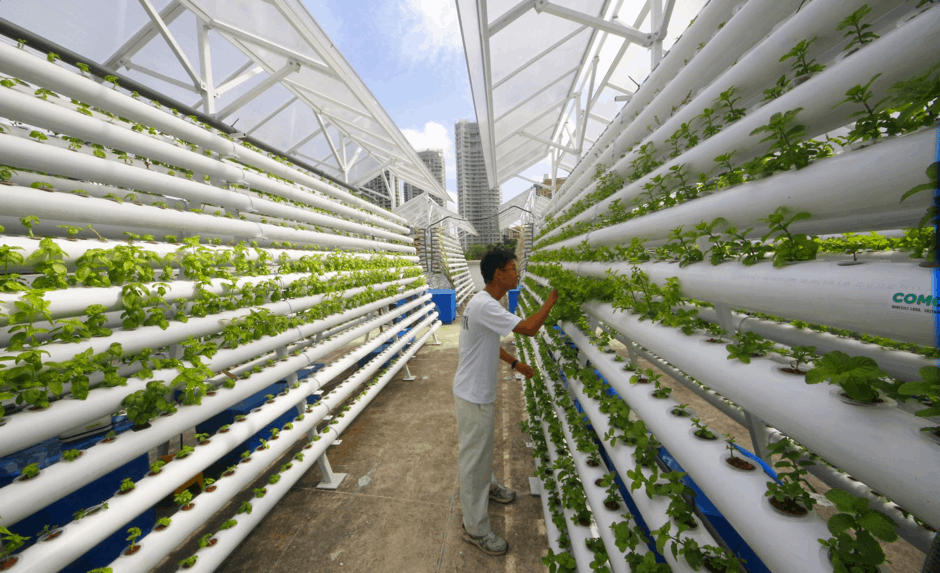By cooler, we mean 22 degrees.
Winter is not exactly coming, but at least for all the hot and frustrated Singaporeans out there, our city is about to get slightly cooler.
Currently, Singapore is in the Southwest monsoon season. Thanks to the Sumatra Squalls, we can expect a lot more winds of up to 40-80 km/h and more showers in the afternoon.
The past month has been annoyingly hot, which makes the second part more exciting as more rain could possibly result in a significant drop in temperatures.
In fact, this was predicted by the Meteorological Services Singapore (MSS)’s fortnightly weather outlook. In the coming two weeks, while the daily temperature is expected to be between 25 to 33°C, the temperature could drop to 22 °C on rainy days.
This comes as a huge relief after a mostly hot and dry June where rainfall only arrived in the second half of the month, leading to temperatures as high as 34°C and humidity levels of 100%.
If you’re struggling to understand the terms, in short: June was hot, July will probably still be hot, but rainy days will make it cooler.
While we’ll probably still sweat, the rain is now something we can look forward to.
That’s…cool.
That said, in today’s news, a long term solution to our heat problem may have just found a lifeline in Cooling Singapore.
Led by a team of researchers from Singapore-ETH Centre, the Singapore-MIT Alliance for Research and Technology (Smart), TUM Create and the National University of Singapore, the project aims to create a plan to reduce the urban heat island (UHI) effect in Singapore.
Simply explained, the UHI effect is when features in an urban city (like buildings) trap heat, causing it to be much hotter than rural areas. In a heavily urbanized city like Singapore, this is a very very hot problem.
The project, which began this year, includes 86 “mitigation measures” like urban farms, better ventilated walkways, green parking lots and greater variation in regards to building heights.
In fact, a UHI task force, which consists of figures from government agencies, statutory boards, and universities have already been created.
The concerns towards UHI echoes comments made by Mayor of North West District Dr Teo Ho Pin last year, who called for greater urban planning to combat the heat effect.
The project aims to complete its research within 18 months. Hopefully a good roadmap can emerge soon, because quite frankly, we Singaporeans are not cool with the heat.






















